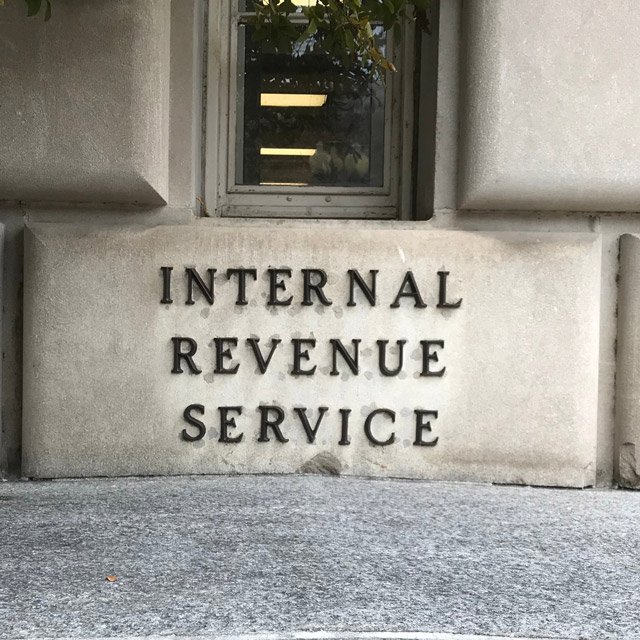Lawmakers Press IRS to Extend Late Fee Relief

The lawmakers said that they’ve heard from both constituents and also large segments of the tax professional community “that the deadline is simply too soon for some taxpayers.”
While the IRS provided some COVID-19 related penalty relief in Notice 2022-36, it “only provided 36 days (5 weeks) for self-filers and practitioners to check their records and file any outstanding 2019 and 2020 tax returns,” the lawmakers wrote. “For those taxpayers who now realize they must file overdue returns, it will take time to gather information and other supporting documents and complete and file the applicable return, particularly if multiple years are involved.”
Taxpayer and tax practitioners, the lawmakers said, “are already busy during this condensed time period with existing return filing deadlines (such as the Sept. 15 deadline for pass-throughs, Sept. 30 for trusts, and Oct. 15 for individuals and corporations).”
Inserting a Sept. 30 deadline into this time period “creates a significant burden for taxpayers and practitioners that will limit the ability of taxpayers to qualify for relief, increase the compliance and paper-filing burden on the IRS, decrease the number of taxpayers who come into full compliance, and harm taxpayers who are currently prevented from filing their tax returns,” the lawmakers said.




